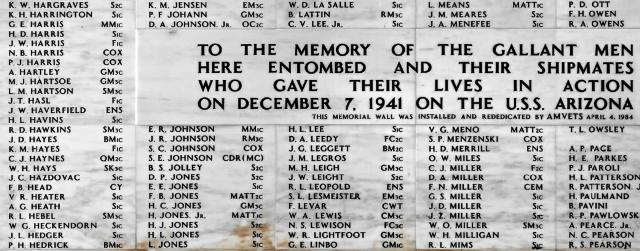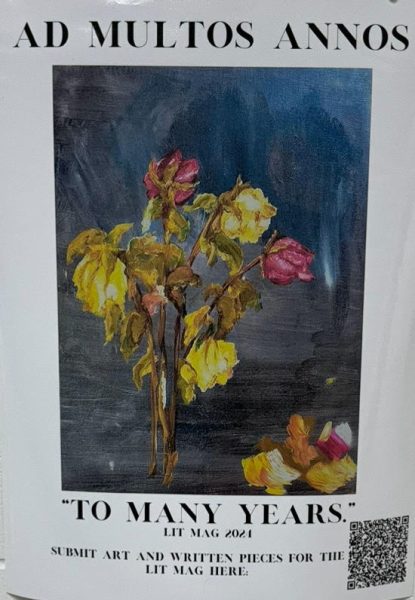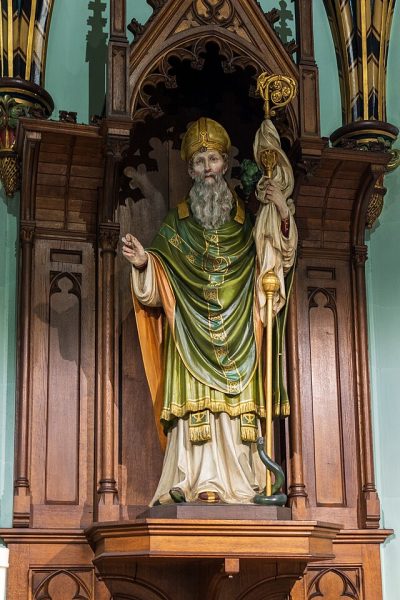A First-Hand Account of the Attack on Pearl Harbor
The attack on Pearl Harbor was a tragic event that cost many lives. The men that lost their lives left families behind, but those that survived came home to share their stories, most similar to this one. President Roosevelt said that December 7th, 1941 would be “a date which will live in infamy.”
May 7, 2015
My great uncle, Harvey Linfille Havins, was at Pearl Harbor on December 7, 1941. He was a Seaman 1st Class on the USS Arizona. His battle station was below where the oil leak is now. There is not much was known about him in my family; no one even knows his birthday.
However, my great grandfather, Otha Alton Havins, was better known. He was a Yeoman on the USS Indianapolis. On Otha’s 21st birthday, he was sitting on the Indianapolis watching a Japanese island being shelled. He was on the Indianapolis when it had to transport one of the atom bombs. The bomb, Little Boy, was in a box and guarded by a group of marines. The marines and the navy did not get along well, so this time was tense. The bomb was successfully transported.
He was a survivor of the Indianapolis sinking. As the ship began to sink, the men all ran along the “red stripe”, a red line that directs the crew to the nearest emergency exit. He jumped into the oily water and started to swim away from the wreckage. While swimming, someone grabbed on to his legs. He swam his hardest, trying to save the man who had desperately latched on to him, but the man slipped off due to all of the oil in the water. He never knew who he was trying to save.
After he safely escaped the sinking ship, he managed to get on to a life raft. On the life raft was the captain of the ship, Captain Charles McVay. They were on the raft for a week with a can of spam and an onion as rations. They drank seawater, some on accident and some on purpose; however, the saltwater only dehydrated and gave some of the men hallucinations. Sometimes the raft travelled into dangerous waters where sharks were a prominent danger. Thankfully, a rescue team was sent out and the men were saved.
My great-grandfather, Otha, survived and came home to share these stories with my father who later shared them with me. Otha died in Fresno, California on October 14th, 1997.













